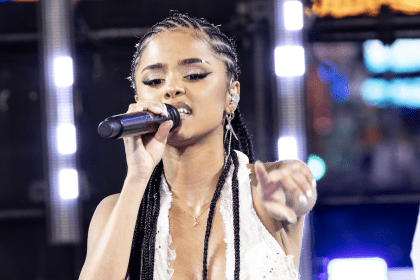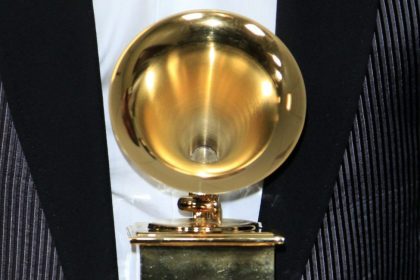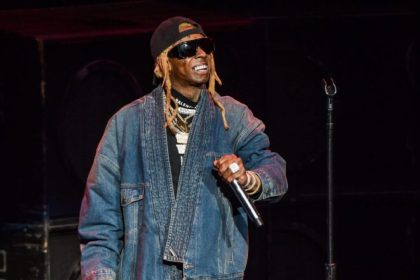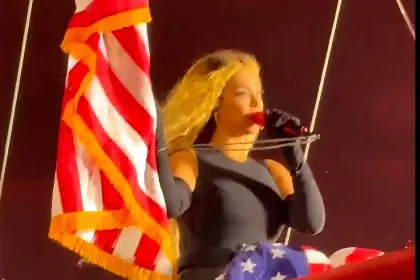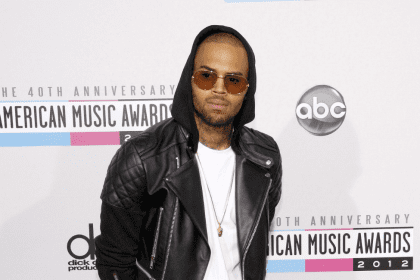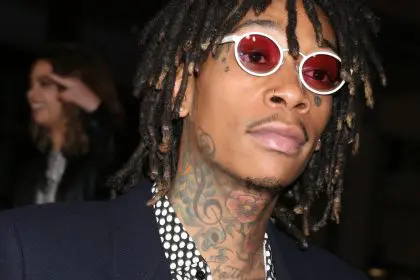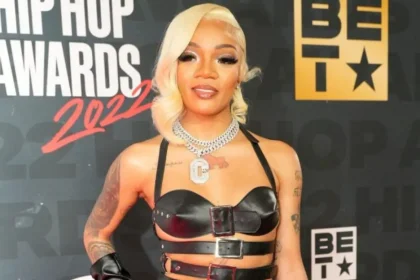What happened to soul music?
That’s a fairly common question uttered by many contemporary R&B fans who believe that the music of yesteryear has been washed away by EDM beats and hip-hop swagger. There are also fans who believe that soul has become blatantly whitewashed. With artists like Adele, Robin Thicke and Sam Smith overtaking the charts in recent years, there’s some validity to that concern. Black soul singers have been forced to the peripheral view of pop culture, according to many critics.
But are they really paying attention?
Over the past few months, there have been rumblings that indicate that soul music is not only alive — but primed for a major resurgence. D’Angelo returned to spotlight after 14 years of near-silence with his critically-acclaimed album Black Messiah. With the ambitious project, the enigmatic singer-songwriter reaffirmed his place as one of the pre-eminent soul artists of his generation, the most noteworthy bridge between the classic soul era of the 1970s and the hip-hop soul dominance of the 1990s. The widespread adulation D’Angelo received for the project was great for him — and great for a genre that many music fans and critics had written off as fringe.
Singer Jazmine Sullivan mounted her own comeback in early 2015, as well. Her third album, Reality Show, has generated tremendous buzz among fans and acclaim from critics — and it marks her return to music after almost four years of silence.
“Soul music is an authentic gift from God that connects its audience in a way that people feel,” she explains. “My hiatus helped me to focus on me the woman [I am] so that I could continue to be creative and try to put out great music.”
That authentic expression is everything to soul music. From the days of Ray Charles and Sam Cooke through the era of Donny Hathaway up through Maxwell and Erykah Badu — expression is everything to a soul singer. Sullivan doesn’t take it lightly. “I’m enjoying that people are listening to my words as well as my voice because my words will live longer than my voice. Anyone can sing my songs just as beautifully as I, but they can never take my words from me.”
Sullivan’s return comes just as concerns about soul’s future have gotten loudest. She says that while R&B as a genre has had to endure the oversaturation of other genres— most notably dance pop and hip-hop — there is reason to be excited about where things are currently and where they are headed.
“Undoubtedly R&B has gone through some changes that has led to disadvantages for the genre,” shares Sullivan. “But with continued success of music like [my album] as well as other great music from other R&B artists that have stayed true to themselves, I am convinced that it can make the comeback that I believe people have been hoping for.”
For Elle Varner, the wait between albums has seen her personal life put on display (she had a high-profile relationship with NBA player Iman Shumpert in 2014) and her focusing on herself as a woman. But she believes that it was necessary. “It’s different for me because my music is not the kind of music where I can put out a quick song like a rapper might,” she says. “I wish it didn’t take as long but I know with what I’m about to come with it’s so crazy, it’s really not gonna matter–God willing. My confidence has boosted quite a bit. I’m still humble, but I really know who I am and what I do and it’s different and its special.”
Contemporary soul stars are notorious for taking long breaks — along with the aforementioned D’angelo, singers like Maxwell, Jill Scott and Lauryn Hill have all tested their fans’ collective patience with extended silence. Some could argue that the disappearing acts of the genre’s biggest names has led to its marginalization. But that would ignore too much great music that’s consistently readily available.
Raheem DeVaughn just released his latest album, Love Sex and Passion, and he is extremely optimistic about what’s happening in soul music thus far in 2015.
“It’s great,” DeVaughn says. “A Raheem Devaughn album helps D’angelo and helps Jazmine Sullivan and vice versa. It helps the culture that we’ve contributed to and that we’re continuing to preserve through our art. I feel like R&B and soul music in resurgence. It’s coming back—though it really never went [anywhere].”
For DeVaughn, it’s all about making sure that an artist serves his audience. While one has to follow their own creative muse, he acknowledges that you can’t afford to rest on your laurels. D’Angelo’s hiatus notwithstanding, in the blog era fans will move on from an artist who goes quiet for too long.
“There used to be a time where people were putting out music every week,” explains DeVaughn. “Now artists seem scared to put out music for fear that it won’t sell or audiences won’t get the message. I think I’ve nurtured the following that I have to the point where I can consistently do a certain type of numbers when I put a project out. I want to be that guy who gives you an album every 12 months. I had a three-year break and it did hurt my career a little bit; but the thing is I still worked it. I still put out music and I gave a lot of free music out. So my name was still ringing, but what I’m trying to build now … it’s about consistency. You can’t abandon an audience you created, because people will find someone else.”


